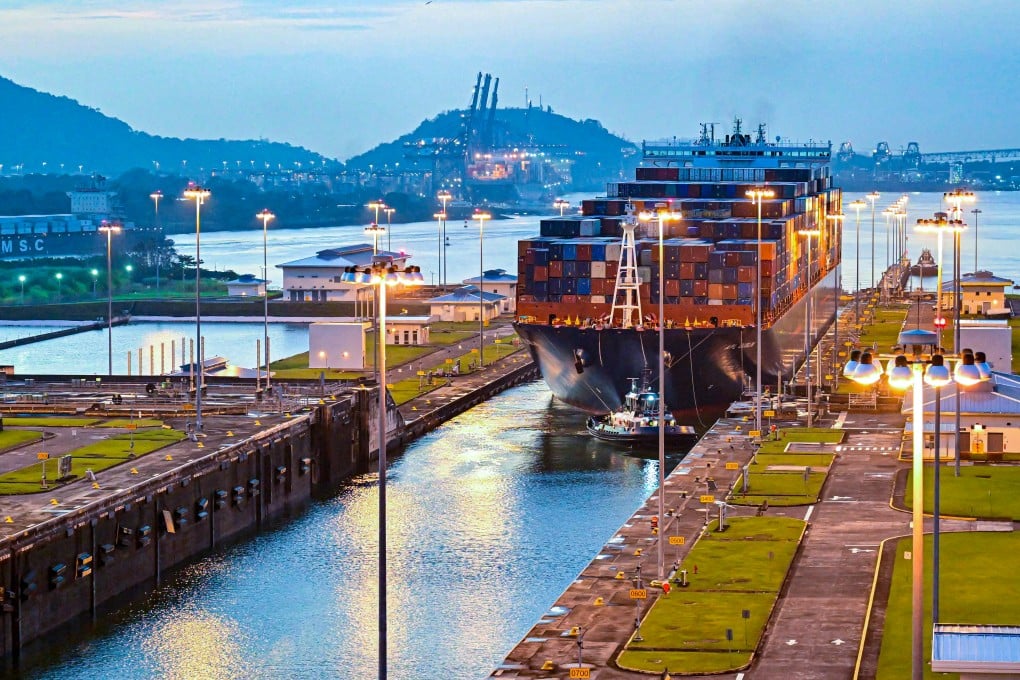‘Total misperception’ Panama Canal under China’s influence, official says
Panama has to do ‘very, very good job’ in explaining to US administration that there is no foreign interference, vice-minister says

The notion that the Panama Canal is under China’s influence is a “total misperception”, a top official from the Central American nation has said, adding that his country must explain this to the new US administration.
Asked by the Post about the role US-China tensions had played in Panama’s decisions over the canal and the initiative, Mann said: “The perception of the US administration is that the canal has fallen under the influence of China, which is a total misperception, because no foreign country has any impact or any difference on the administration of the canal.”
In the past month, Beijing has piled pressure on CK Hutchison to cancel the deal, signalling that it considers the sale of such strategic assets a threat to national security. The ports are also in Washington’s crosshairs, with US President Donald Trump previously threatening to seize the canal, claiming it was controlled by Beijing.